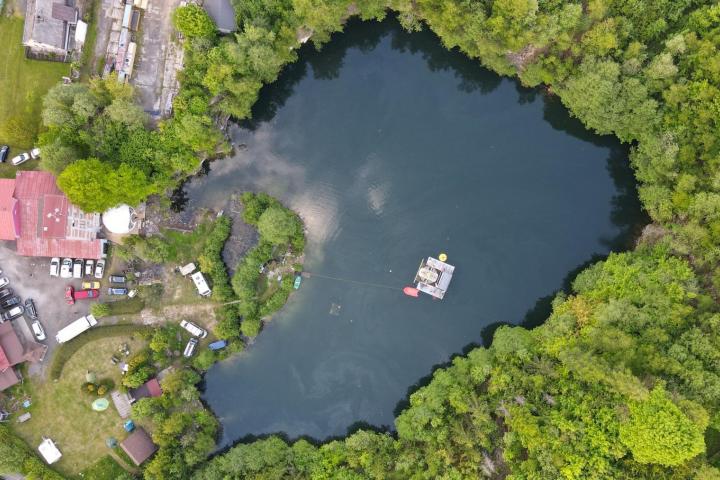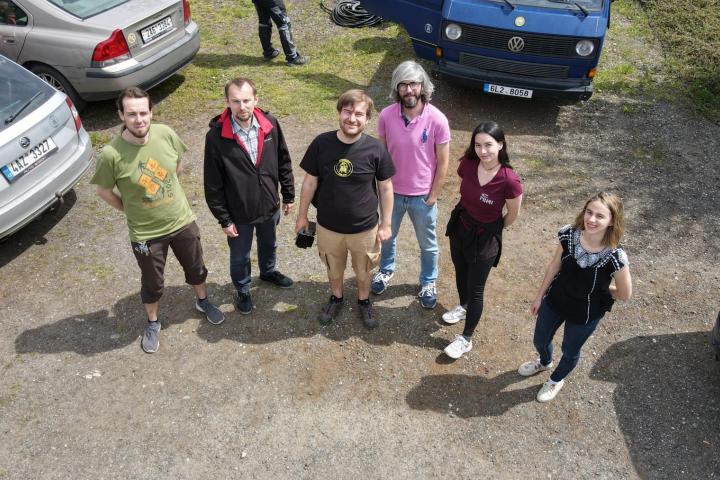
As part of the project, three divers, Matyáš Šanda, František Harant and Miroslav Rozložník, dived on 5 June in a quarry in Jesenné and spent 40 hours in a deep laboratory at a depth of 13 meters, where they performed the tasks of a scientific mission.
The research area of the team of biomechanics and assistive technologies of the Department of Health Sciences and Population Protection is the development and optimization of wearable measuring systems and the study of the influence of extreme conditions on the human body with specially developed software. Another goal was a pilot experiment to monitor the emotions of divers using a computer program that uses artificial intelligence methods and allows you to monitor the dynamics of the team during a long stay in an isolated extreme environment.
The aim of the mission's experiments was to find out how the human body copes with an unusual extreme environment. Wearable measuring systems mounted on divers' bodies recorded their health in a deep laboratory with an area of about 20 cubic meters. "Knowing and understanding the behavior of the human body under extreme conditions can be key in selecting individuals and teams for long-term stays, either underwater or in space," adds Ing. and Ing. Jan Hejda, Ph.D., member of the FBMI team.
Photograps courtesy of: Ing. et Ing. Jan Hejda, Ph.D.

